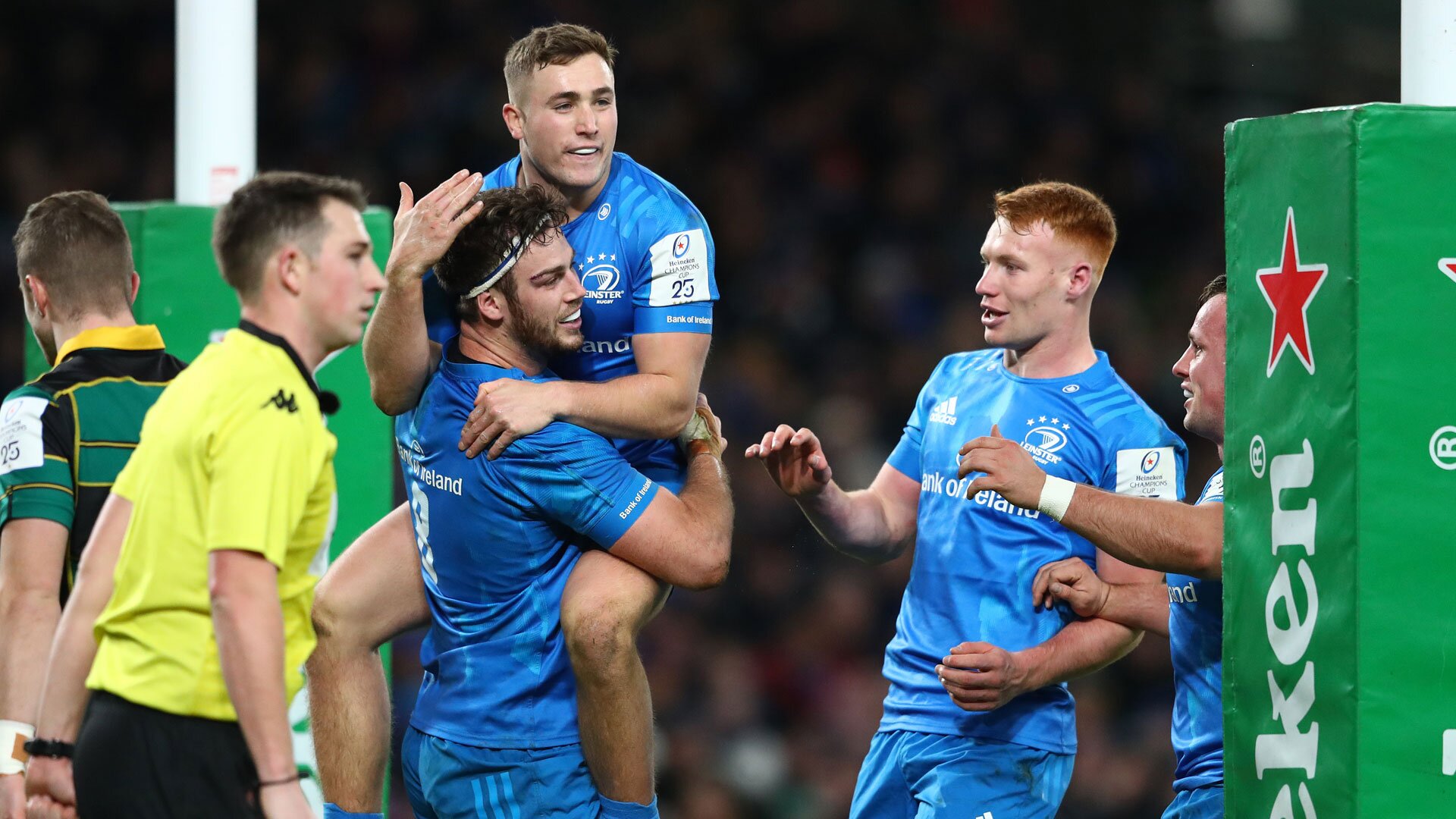Report: World club comp would be played every 4 years and could start as soon as 2022

Comments made by the head of ECPR suggest that a world club competition could be ready to roll in 2022, as rugby union’s landscape looks set to make another tectonic shift. The plans come on the back of a World Rugby conference held online earlier this month.
Presidents and representatives from both the northern and southern hemispheres took part in an online forum which looked at creating a new unified global rugby calendar. The meeting included more than 50 people, including England captain Owen Farrell and ex-All Black Conrad Smith representing the international players.
While the Test windows were the main focus, stakeholders are also looking at a possible world club competition, which would pit the planet’s biggest club sides against one another.
Fixtures like Leinster versus Crusaders or Saracens versus the Auckland Blues make for a mouth-watering prospect, should such a deal get greenlighted.
ECPR chairman Simon Halliday told The Guardian’s Paul Rees that the new competition, which could mirror the new global international competition being mooted by World Rugby, could be up and running in just 18 months.
Halliday also suggested how a club competition might work, but pointed that it could not involve extending the season any longer then it already is. “We would play the group stage of the Heineken Champions Cup and the quarter-finalists would be drawn with the last eight teams in Super Rugby.”
“The idea is that it would be played every four years. It would not be held in the year of a Lions tour or when a World Cup is staged, so we are looking at 2022, which gives us time, or 2024. It is an exciting idea and I hope the current crisis leads to a change in the way in which the game is governed, with clubs playing a full part.”
Getting various unions and privately owned clubs across the world to agree on a format could be challenging. Earlier this month European club rugby chiefs insisted they are not blocking moves to thrash out a new global calendar season and believe World Rugby has failed to recognise the potential massive losses the northern hemisphere game faces without an agreed new structure.
Meanwhile NZ Rugby chief executive Mark Robinson criticised the unwillingness for change from English and French clubs, saying: “We had have hoped that they might come to the table with a little more compromise.”
However, RugbyPass was told that the southern hemisphere unions only discovered the full extent of the work that has been undertaken by the French Top 14 (LNR), Guinness PRO14 and England’s Premiership (PRL) clubs at the virtual meeting.
The French clubs put forward their view of a new global calendar in which the July window for Test matches is retained and the club season runs from September to July. The French plan would also mean the Six Nations is shortened from seven to six weeks and the Champions Cup from nine to eight weeks.
What frustrated the European clubs at the meeting was “short-termism”, with the main focal point the looming October and November Test window which the major unions want to ensure is played to generate much-needed cash.
Under the planned Test schedule, England would play a seven-Test programme facing Italy and two Tests in Japan and return to Twickenham for games with New Zealand, Argentina, Tonga and Australia – travel restrictions permitting.
In order to create a new global season, the English Premiership, Guinness Pro14, French Top 14 and even Super Rugby could all be required to readjust their seasons. There is expected to be some opposition to any restructuring from some of the major European clubs.
Speaking earlier this month, Paul Goze, president of the Ligue Nationale de Rugby in France, warned that some Top14 clubs will be wary of change.
“The first [point] is that if we play in those months in the summer, we lose the length of our competition,” Goze said. “At the moment we occupy 10 months and it’s like a TV series.
“Every week there is a new moment in the series, and so everyone is talking about it and people are really involved — and our broadcaster, Canal Plus, likes that. That’s very important for our revenue.
“If you play in the summer it’s no good for ticketing because people are on holiday. It’s no good for our corporate sponsors because they can’t invite guests and do their entertainment.
“You have events like the Tour de France, the Olympic Games in some years and so on. The sports competitions and other distractions in July and August are just too much.”
Other clubs and leagues may share similar concerns.

























































